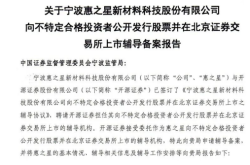Lexus: An Unexpected Luxury Success Story
![]() 12/30 2024
12/30 2024
![]() 676
676
Lead
Lexus, as a niche luxury brand, cannot be solely evaluated by sales figures. Its success must also be analyzed through the lens of consumer demands, encompassing aesthetics and value orientation. From a user's perspective, choosing a Lexus is akin to selecting between a mechanical watch and a digital one: the former offers classic appeal and collectibility, while the latter embodies technological sophistication and continuous innovation. Today's discerning consumers not only prefer intelligent electric vehicles with guaranteed mechanical performance but also seek emotional value and humanistic care. Lexus has navigated the chaotic automotive market with composure, operating at its own pace and catering to the needs of specific consumer groups. This strategy is rooted in niche market segmentation, customer value lock-in, and the preservation of product culture.
Produced by | Heyan Yueche Studio
Written by | Yan Guangming
Edited by | He Zi
2373 words in full text
4 minutes to read
This year, the luxury car market has experienced its most challenging period in history, with sluggish sales across the board. Notably, German luxury brands represented by BBA have witnessed widespread declines in sales, price drops, and significant profit reductions, shocking the industry. Even Porsche, once a beacon of success, has struggled, with price reductions failing to boost sales. Against this backdrop, Lexus stands out as the only imported luxury car brand to show positive growth, achieving unexpected success.
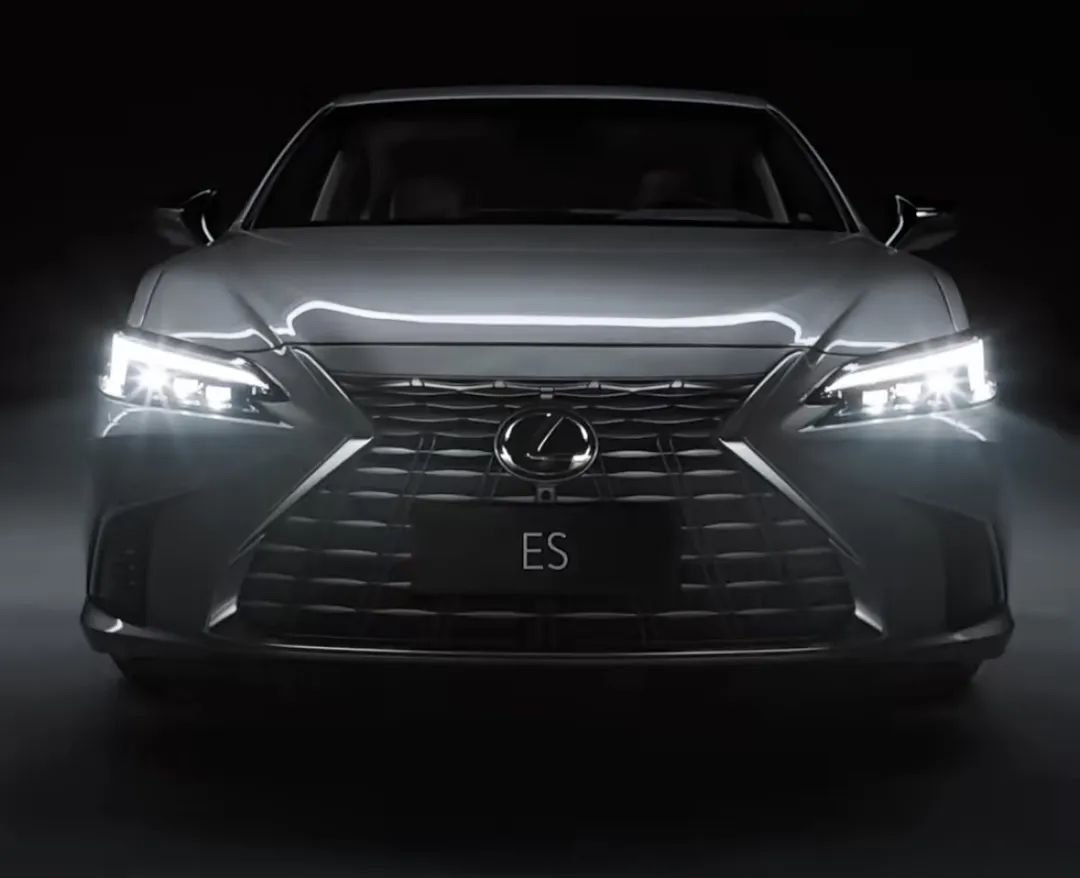
Data presented by Lexus at a media communication meeting in Shanghai on December 27th revealed that, as of November this year, sales surpassed 160,000 units, maintaining the top spot in imported car sales. It is anticipated that year-end sales will exceed 180,000 units. Furthermore, as of September, the cumulative sales of the ES model series reached 1 million units, making it the best-selling mid-to-large luxury executive sedan imported into the Chinese market.
These figures underscore that Lexus's operations have remained unaffected by external factors. What does this signify?
According to the manufacturer, Lexus sales have remained stable in recent years, unscathed by new market entrants, pure electric luxury cars, and price wars. Especially in an environment where automotive transformation is intensifying and becoming more radical, Lexus's stability is remarkable, attracting significant attention and thought.
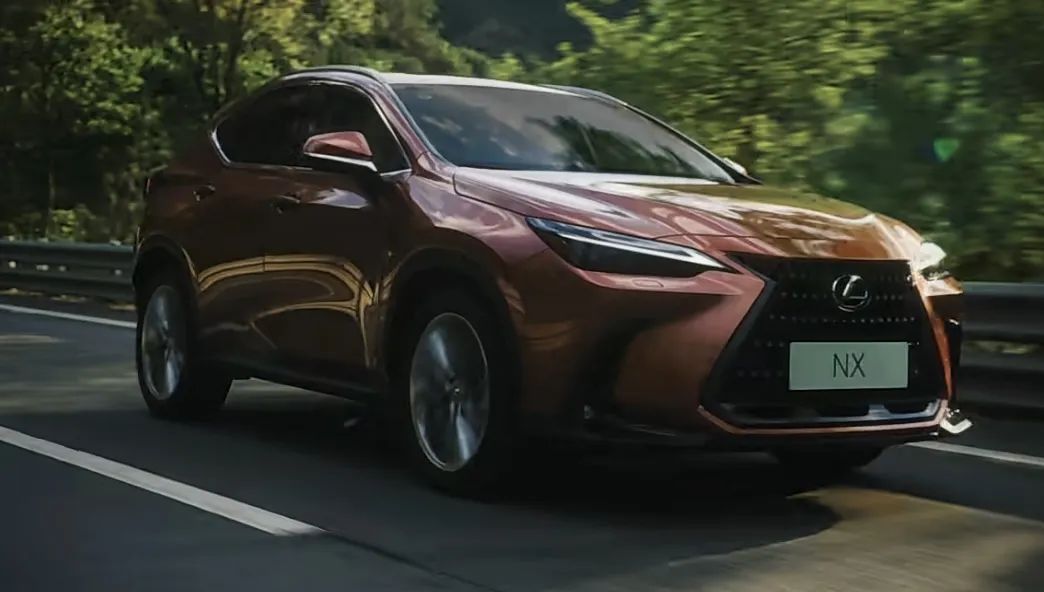
Customer data provided by the manufacturer indicates that Lexus owners primarily comprise professionals such as lawyers, doctors, and teachers, along with a significant number of freelancers, including designers. This demographic is noteworthy; Lexus's customer base is of high value. Firstly, they are predominantly middle-class individuals with extensive experience. Secondly, they are unperturbed and possess a keen aesthetic sense. Thirdly, they are generally low-key individuals who prioritize quality of life.
From an outsider's perspective, Lexus, as a second-tier luxury car brand, has long maintained a low profile, neither engaging in extensive promotions nor actively pursuing trends. Instead, it follows its own pace. However, with honest product quality, elegant aesthetics, warm service, and more, it has garnered recognition and subtly influenced consumers, evoking a profound resonance. Notably, the authenticity of its products (100% imported) has been widely acknowledged by consumers; its distinctive service alleviates concerns; and its sleek, restrained design exudes exquisite aesthetics. Thus, an implicit understanding of concepts and a non-material cultural tacit understanding have been established between people and cars.
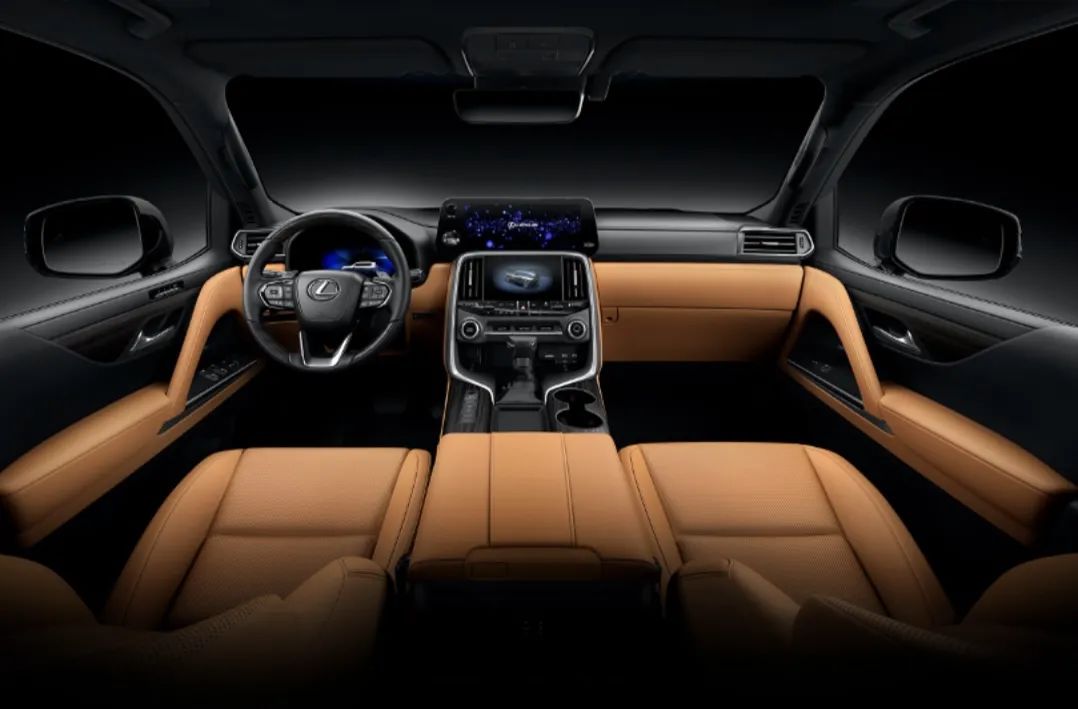
Some observers describe Lexus's tone as "understated luxury." Besides offering stable products and exceptional service, it also provides peace of mind. Although it may not rank among the top luxury brands, its reputation has become a significant asset, enabling it to market without explicitly doing so and attracting numerous repeat customers. In today's volatile and unstable consumer ecosystem, particularly amidst the fierce competition between gasoline and electric vehicles, Lexus enjoys a hidden tranquility in the bustling city, reaping the benefits of its unique approach. This demonstrates that, while cars are objects, they also possess a "soul." In Japanese culture, this is referred to as "monogatari" (story), which we often interpret as "empowerment."
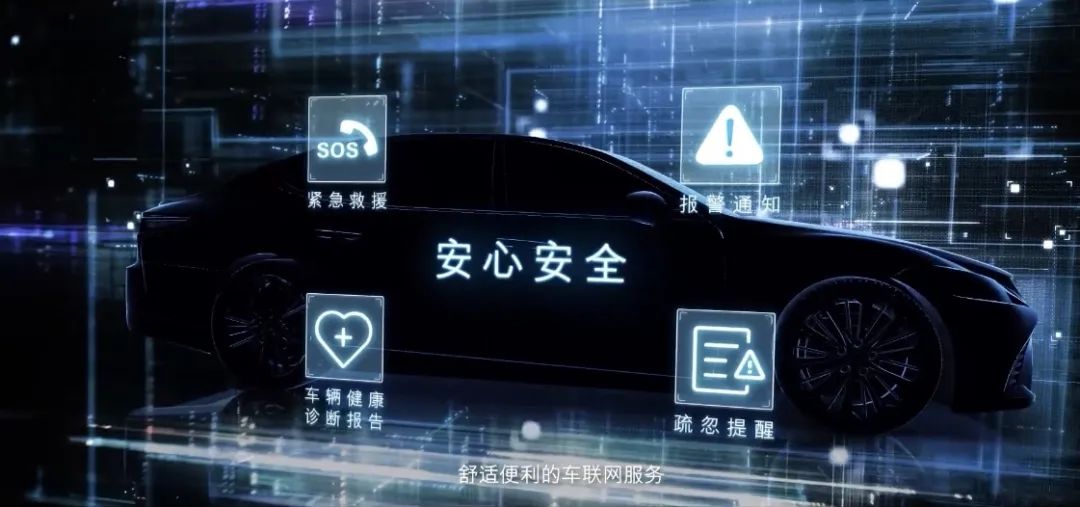
During communications between the manufacturer and the media, some believed that Lexus is too conservative, lacking deep involvement in electric and intelligent technologies, and lagging behind other luxury car vendors, appearing unenthusiastic. This perception may seem objective but is superficial. Historically, Toyota has never blindly followed trends or competitors. As a luxury car brand, Lexus has consistently explored and pursued top-tier luxury vehicles as its core motivation.
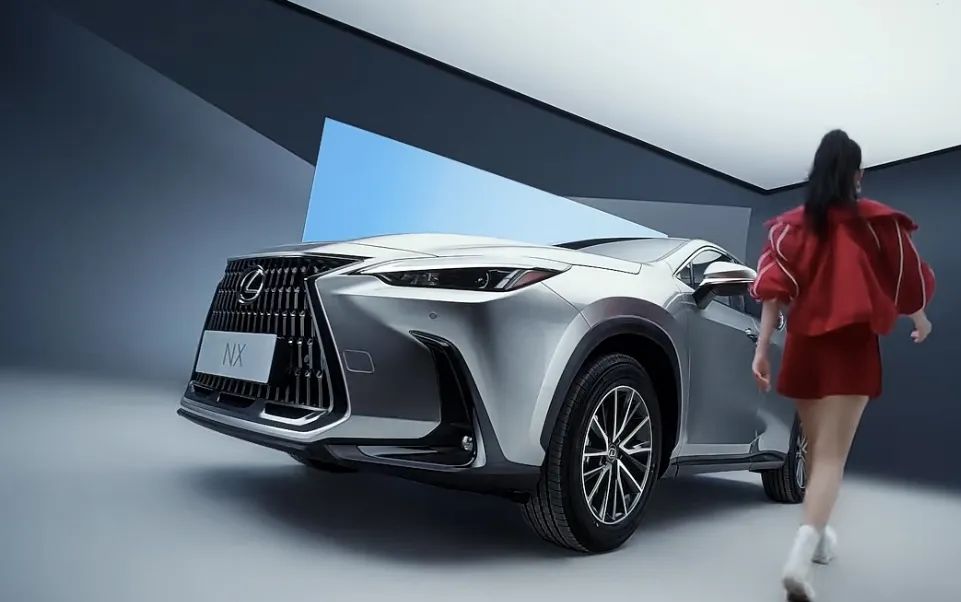
Over a decade ago, when the hybrid trend was emerging, Toyota was often criticized for being late to the party. In 2011, Toyota established its R&D center in Changshu, amid comments that it was slow. However, once Toyota's Hybrid Synergy Drive was launched, it became unrivaled. It achieved zero price difference between gasoline and electric vehicles, benefiting consumers, promoting the rise of China's new energy vehicles, and laying a solid foundation for future advancements. With deeper understanding, it becomes clear that for Toyota, hybrid, plug-in hybrid, electric, and fuel cell technologies are different floors in the same research and development building. Hybrids serve as the foundation for new energy vehicles. At the Tokyo Motor Show, the world has long witnessed Toyota's firm grasp of the "throat of the automotive industry's fate." Without this understanding and corporate strategy, it would be superficial and vulgar to simply question or criticize.
Similarly, regarding automotive intelligence and autonomous driving, Uchiyamada, known as the father of Toyota hybrids, has stated in multiple interviews with Chinese media that Toyota not only possesses reserves but also achievements in these technologies, emphasizing that autonomous driving should only serve as an assistance. In 2006, Lexus was the first to introduce the e-CRB system in China, advocating e-life and providing customer-centric intelligent automotive life solutions. In 2017, Lexus hosted a real-vehicle autonomous driving experience for Chinese media in Yokohama, Japan. Judging from the past and present, Lexus has been active but quiet in its efforts.
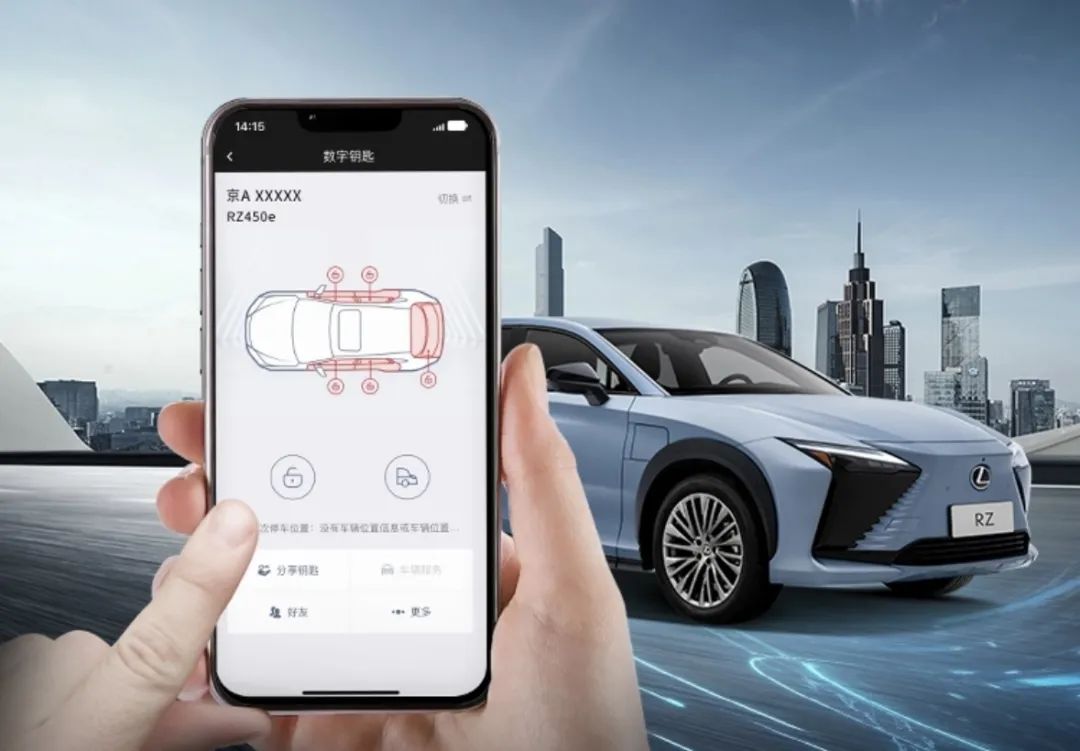
Facts have proven that Lexus is a luxury car brand that cannot be underestimated. Its strong foundation is not only supported by Toyota but also bolstered by a unique aesthetic culture and product offerings. Precisely because of its apparent "conservative" restraint, refusal to blindly follow trends, and adherence to its own judgments, it has avoided passive decisions, successfully navigated distractions, and maintained steady growth. However, this does not imply a lack of action or strategic measures. At this year's Guangzhou Auto Show, Lexus launched the all-new LX 700h and new ES, and announced its electrification vision, encompassing multiple power options such as BEV, HEV, and PHEV, demonstrating a clear and forward-looking perspective.
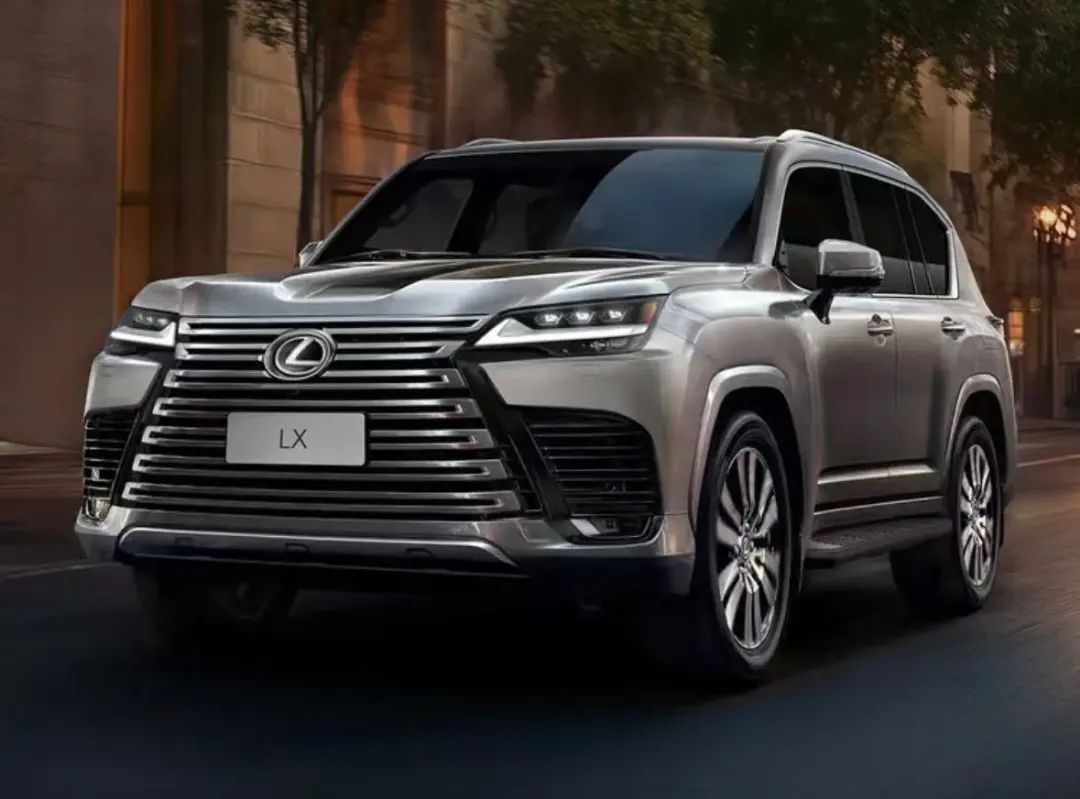
Lexus, as a niche brand, cannot be evaluated solely on sales volume. It must also be analyzed through consumer demands, including aesthetics and value orientation. From a user's perspective, choosing a Lexus is akin to selecting between a mechanical and a digital watch: the former offers classic appeal and collectibility, while the latter embodies technological sophistication and continuous innovation. Today's rational consumers not only prefer intelligent electric vehicles with guaranteed mechanical performance but also seek emotional value and humanistic care. Lexus has timed its market entry well, avoiding full immersion in the chaotic automotive market, maintaining composure, and operating at its own pace to cater to specific consumer groups. This success is rooted in niche market segmentation, customer value lock-in, and the preservation of product culture.
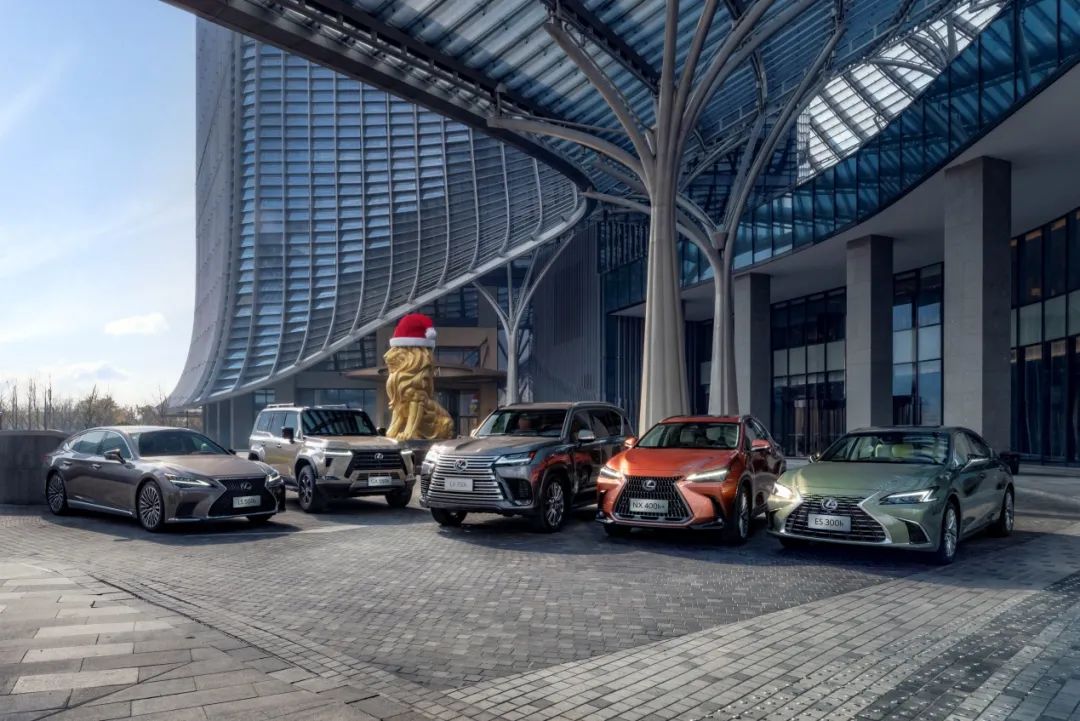
Throughout history, competition in the luxury car market has ultimately boiled down to cultural competition. Culture is not merely abstract or pale but requires non-material recognition and positive social consensus, with spillover effects on products. While I dare not make presumptuous comments about Lexus, one thing is universally acknowledged: its understated and luxurious style, both a characteristic and a trait, is not easily achieved.
Review
Lexus is a luxury car brand that cannot be underestimated. Its strong foundation is not only backed by Toyota but also supported by a unique aesthetic culture and product offerings. Precisely because of its apparent "conservative" restraint, refusal to blindly follow trends, and adherence to its own judgments, it has avoided passive decisions, successfully navigated distractions, and maintained steady growth. However, this does not imply a lack of strategic action or measures.
(This article is original content from "Heyan Yueche" and cannot be reproduced without authorization.)



